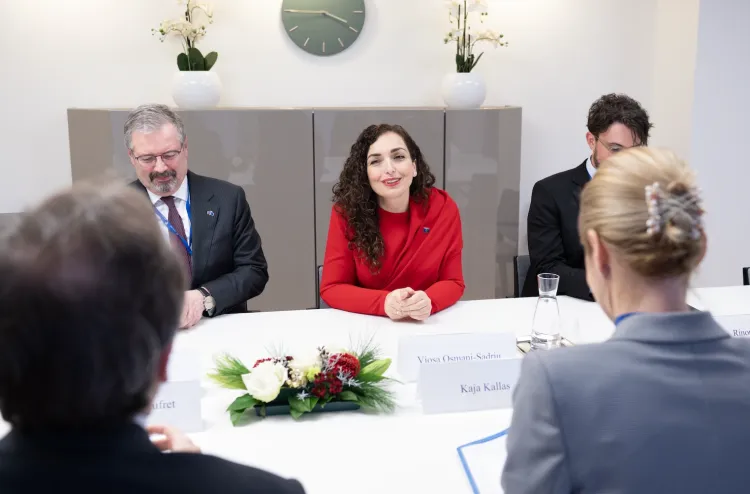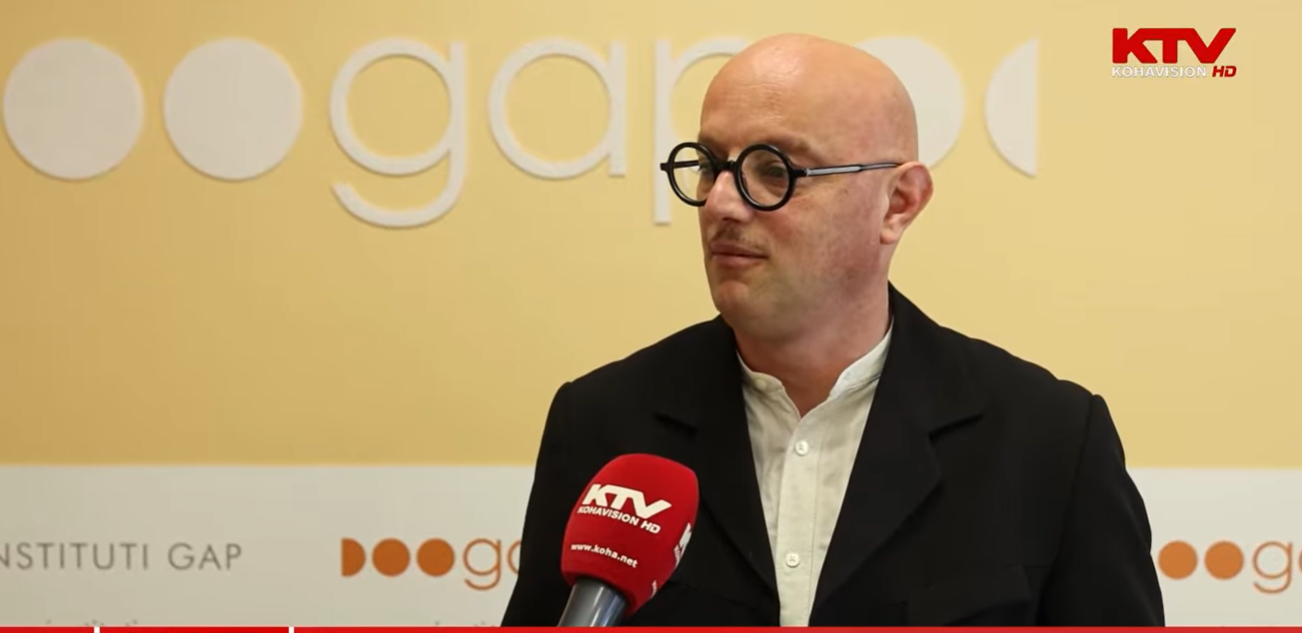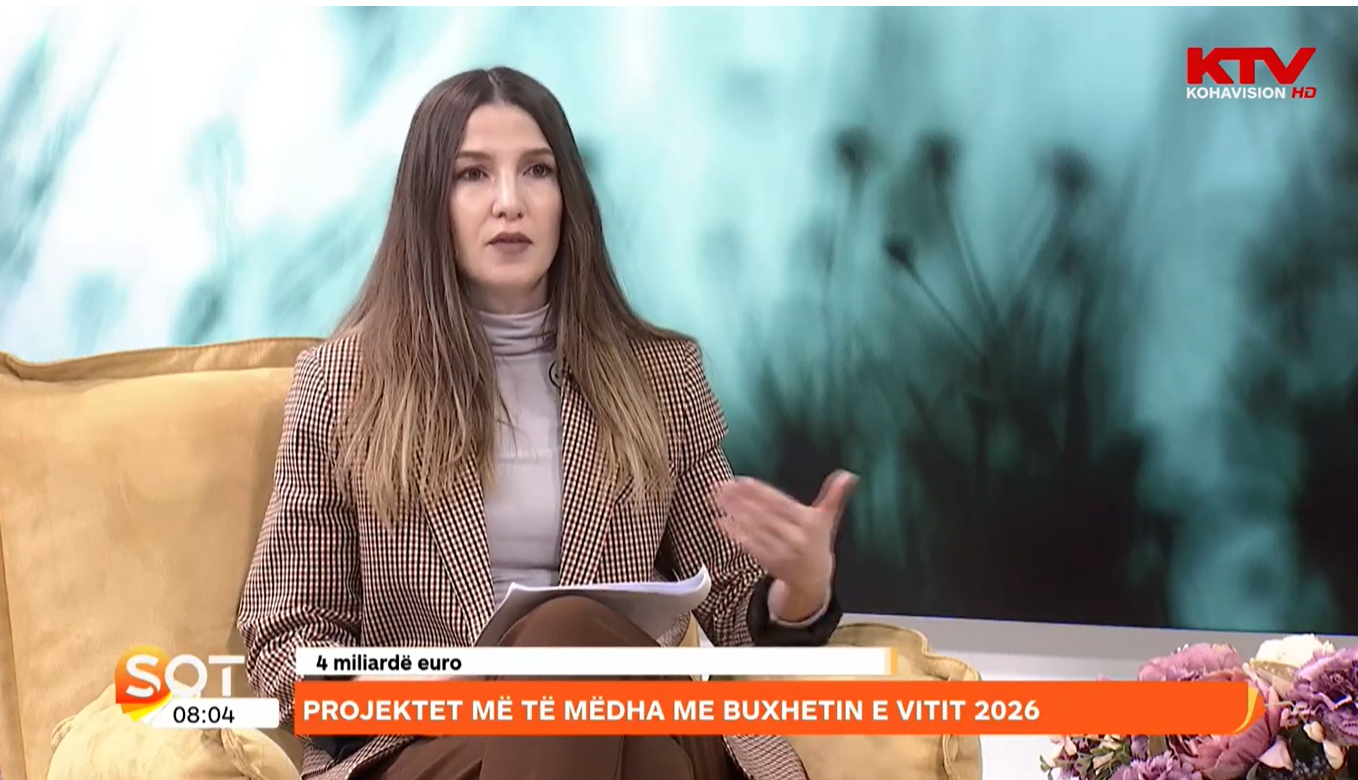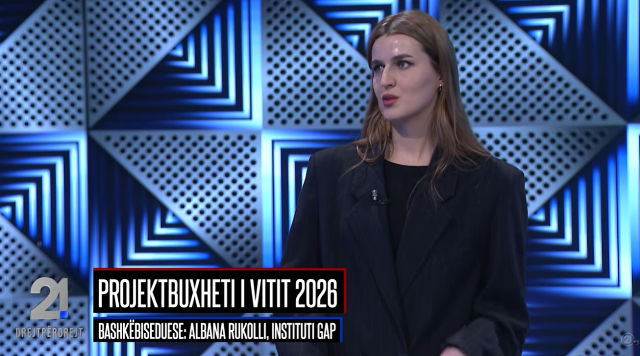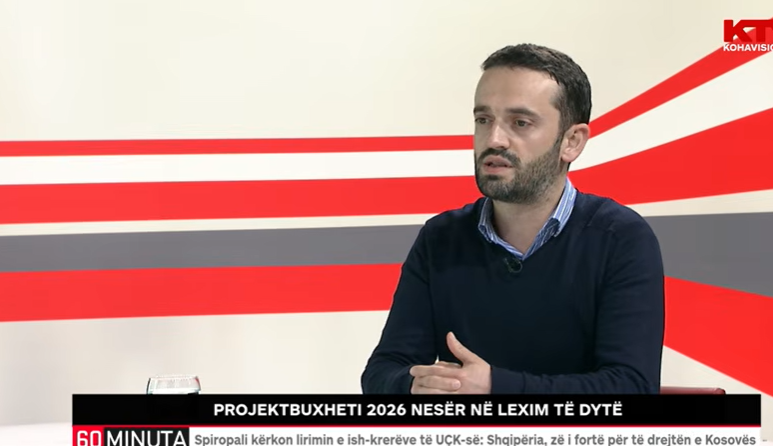Going 50/50: Implementing the gender quota on public company boards
12/07/2021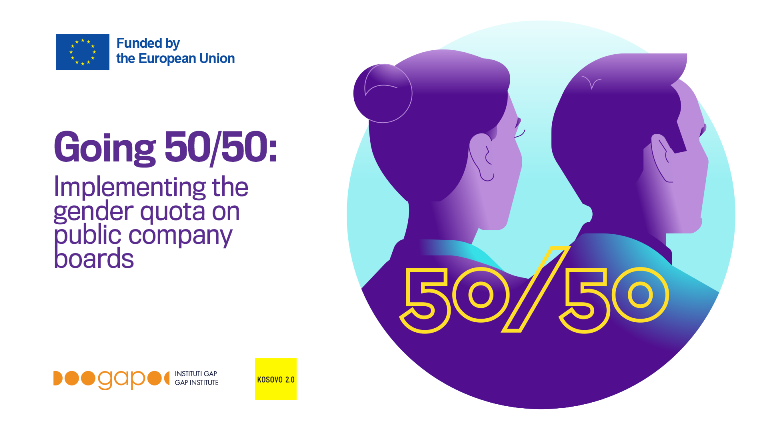
Today, GAP Institute published its report “Going 50/50: Implementing the gender quota on public company boards.”
A decision on the appointment of new board members was revoked for the first time ever on grounds of failure to abide by the Law on Gender Equality at the 9th meeting of the Government of Kosovo. The Law on Gender Equality, which has been in force since 2015, requires equal gender representation in all legislative, executive and judicial bodies and other institutions. However, the public institutions have ignored the legal obligation of equal representation thus far, interpreting the provisions of the Law on Gender Equality as non-binding.
There is currently a deep gender representation gap in the boards and managerial positions of publicly owned enterprises and independent agencies. At publicly owned enterprises, 27% of the boards and respectively 28% of independent agencies are made of women. Women are not represented at all in 5 out of 14 publicly owned enterprises. Only 33% of managerial positions in POEs and independent agencies are held by women, and there are only two women COEs out of 32 analyzed institutions.
In this report, GAP Institute has analyzed the legal basis on equal gender representation in public boards and also provided data on the current composition of the boards of independent agencies and publicly owned enterprises and positions that will become vacant in the years to come. The research shows that, more than 50 mandates of the boards of POEs and independent agencies are set to expire by the end of 2021. Therefore, GAP recommends the Government and municipalities to consider the gender quota in vacant positions in order to improve and advance equal gender representation in decision-making.
The full report can be found by clicking here.
The analysis in Serbian language is available in printed form.
The EU funded project "Innovation for resilient media and citizen engagement" is implemented by: Kosovo 2.0 and GAP Institute.
This publication was produced with the financial support of the European Union. Its contents are the sole responsibility of GAP Institute and Kosovo 2.0 and do not necessarily reflect the views of the European Union.




